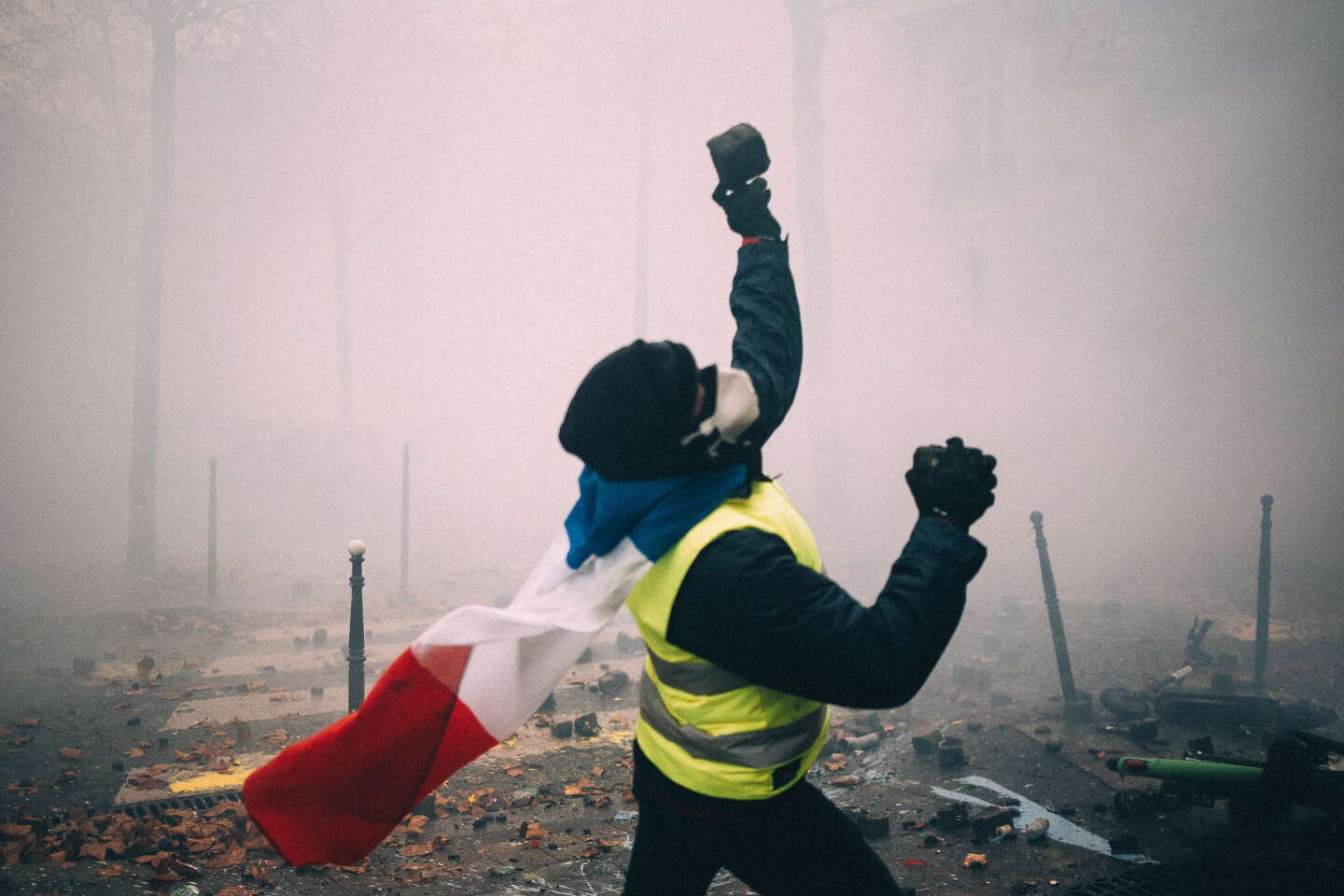


What are our wishes for our country at the start of the new year? What resolutions can we adopt to halt the downward spiral that looks set to throw us into the net of the far-right sooner or later? We need a project. A project that everyone can understand, to whose construction and achievement the entire population must be called upon to contribute, and whose collective benefits will be visible. We need a project capable of outlining the contours of a desirable society.
What ingredients are needed to create it? First and foremost, a good understanding of the actual situation and the expectations of all our fellow citizens. Nothing can be done without this. We have a remarkable array of resources at our disposal. The numerous studies and research carried out by the public statistics service and the world of research now enable us to know a great deal about the real living conditions of different population groups, particularly the poorest. A mine of information also lies in the grievance registers, the 200,000 contributions written up during the Great National Debate [an initiative organized by the French government in 2019 following the "Yellow Vests" demonstrations]. Some extracts from these were unveiled in conjunction with the broadcast of the 2024 documentary by Hélène Desplanques, Les Doléances, but they remain unpublished for the time being and are not being utilized by anyone.
Next, we need to find the right words to convey the benefits of the project in question, and therefore refrain from using wording that we know a large part of the population rejects. Several recent articles, for example, have highlighted the rejection of a certain way of talking about the environment, considered to be the hallmark of urban hipsters, and judged "punitive" towards the lower classes. We need to be able to highlight how the lives of the less well-off will be improved in practice by the measures put in place, and find the most appropriate means of presenting this.
You have 64.45% of this article left to read. The rest is for subscribers only.
